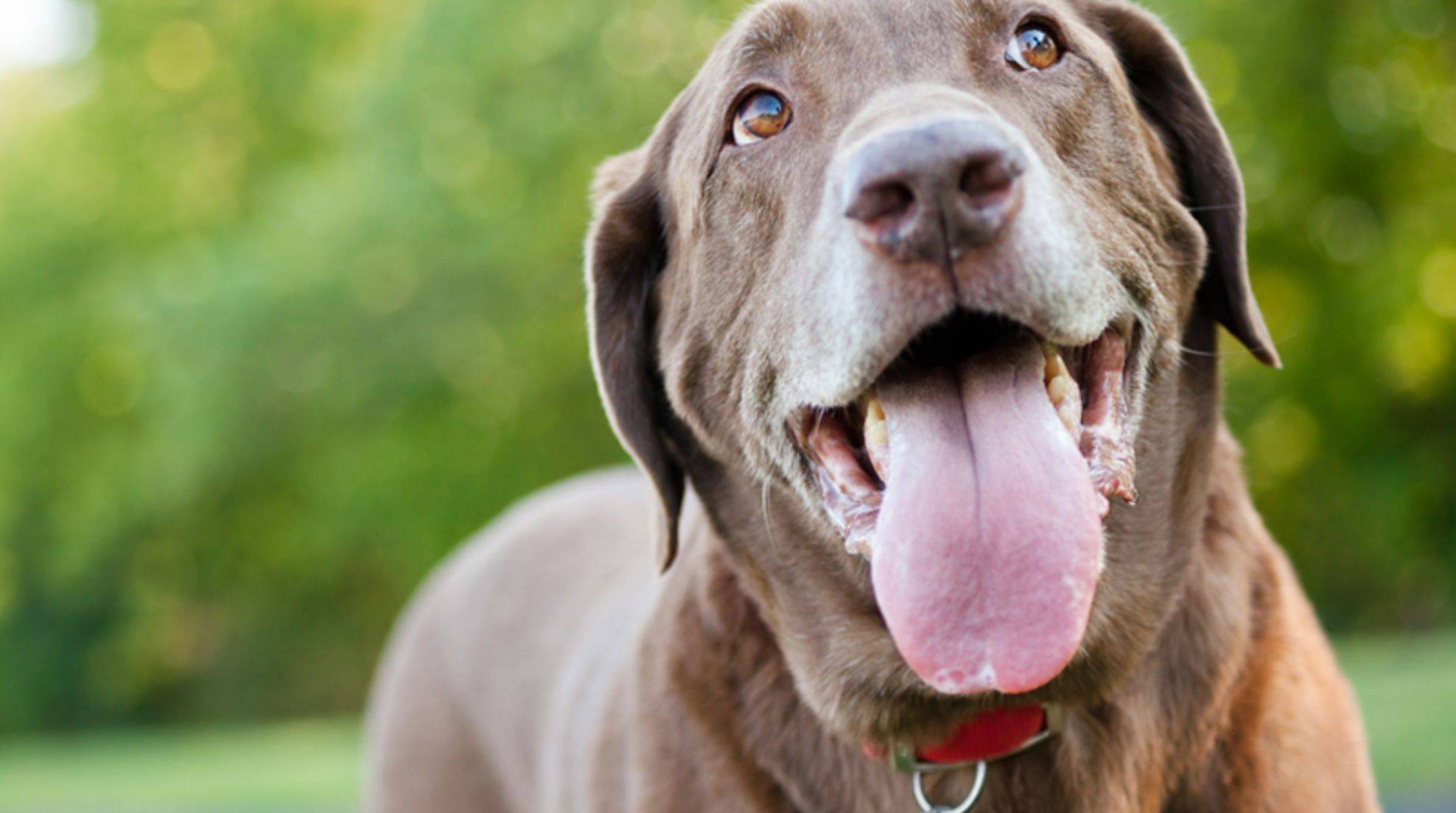Non-core vaccinations for dogs: which ones are useful?
When it comes to preventive vaccinations for your dog, a distinction is made between so-called core vaccinations (mandatory vaccinations) and non-core vaccinations (optional vaccinations). The former is necessary and should be refreshed regularly. The need for elective vaccinations depends on how old your dog is and what condition he is in.
Some vaccinations are essential – this is true for both humans and dogs. But then, in the animal world, there are what are called non-core vaccinations. These elective vaccinations are controversial among veterinarians. While some doctors advise non-core vaccinations, others reject them. Usually, however, it should be decided on an individual basis whether such vaccination is appropriate for your dog.
What are non-core vaccinations?
Unlike compulsory vaccinations, elective vaccinations do not necessarily have to be carried out on every dog. However, they are always helpful if the dog is exposed to an increased risk of infection.
The following non-core vaccinations are standard:
● Babesiosis (canine malaria): the duration of action of the vaccine is six months.
● Kennel cough: the course of action of the vaccine is one year.
Lyme disease: the course of action of the vaccine is four to six months against Borrelia afzelii and Borrelia garinii and one year against Borrelia burgdorferi senso stricto.
● Canine herpes virus (also known as “puppy death”).
● Leishmaniasis: the duration of action of the vaccine is one year.
● Tetanus
● Coronavirus
● Fungal diseases (dermatophytosis, microsporidiosis, trichophytosis): vaccine duration of action varies from nine months to one year.
Non-core vaccinations: Meaningful protection against disease?
Giving a non-core vaccination is always up to the dog owner. Before subjecting your dog to such a vaccination, you should weigh the benefits against the risks, as side effects can always occur. Your veterinarian will help you decide if a vaccination will help or hurt your dog more. For example, it may make sense to vaccinate your dog against Lyme disease if you are often out in the woods or meadows where there are many ticks.
Likewise, it is advisable to protect dogs housed in kennels against kennel cough as a precautionary measure. In contrast, a family dog housed in the house is less likely to contact the pathogens.
Elective vaccination for your dog: What you should consider
Keep in mind that vaccinations can have side effects. Elective vaccinations against Lyme disease, for example, can bring severe side effects such as inflammation of the kidney. Therefore, it is not advisable to have your pet vaccinated against all possible diseases as a precaution. On the other hand, it makes sense to protect at-risk dogs from specific pathogens with additional elective vaccinations.
Also, consider that a non-core vaccination does not always protect your dog from infection but sometimes only mitigates the disease if the four-legged friend has become infected. Many elective vaccines also have a concise duration of action, rarely exceeding one year.
Non-core vaccinations: Veterinarian creates individualized vaccination schedule
It is best to have an annual vaccination discussion with your veterinarian. They will determine your pet’s risk of infection and create a vaccination schedule that makes sense for the individual. For each vaccination and when determining the appropriate vaccination interval until a possible booster vaccination, the veterinarian will take into account the individual risk of your dog as well as the epidemiological conditions of the environment. In general, the following applies to non-core vaccinations: As much as necessary and as little as possible.








